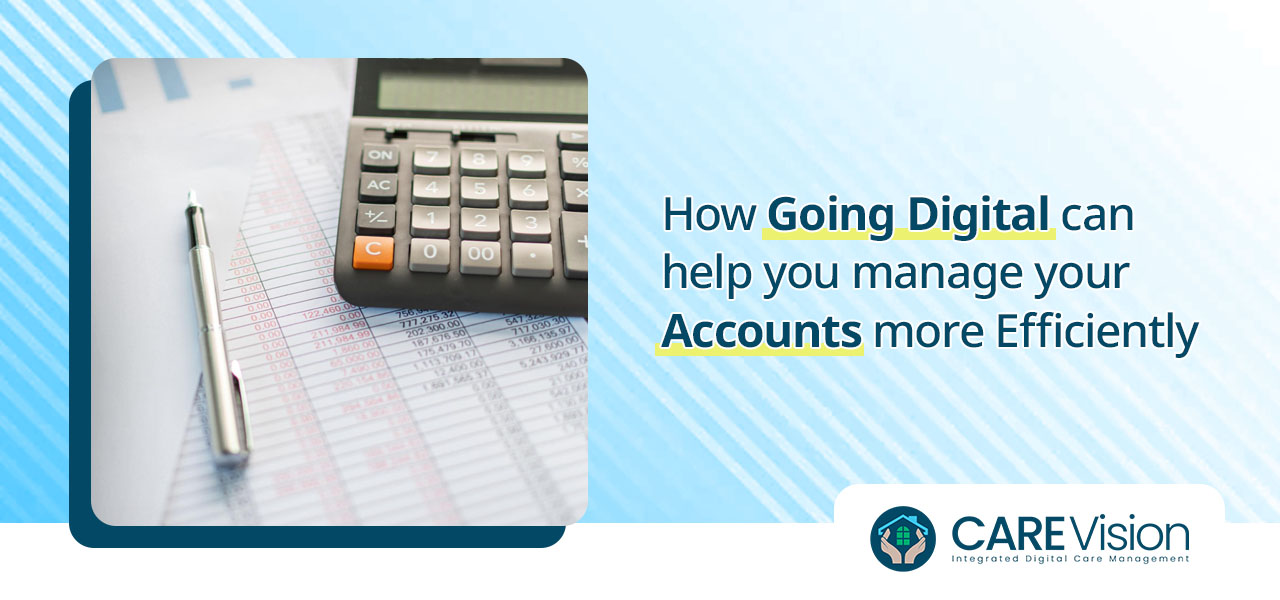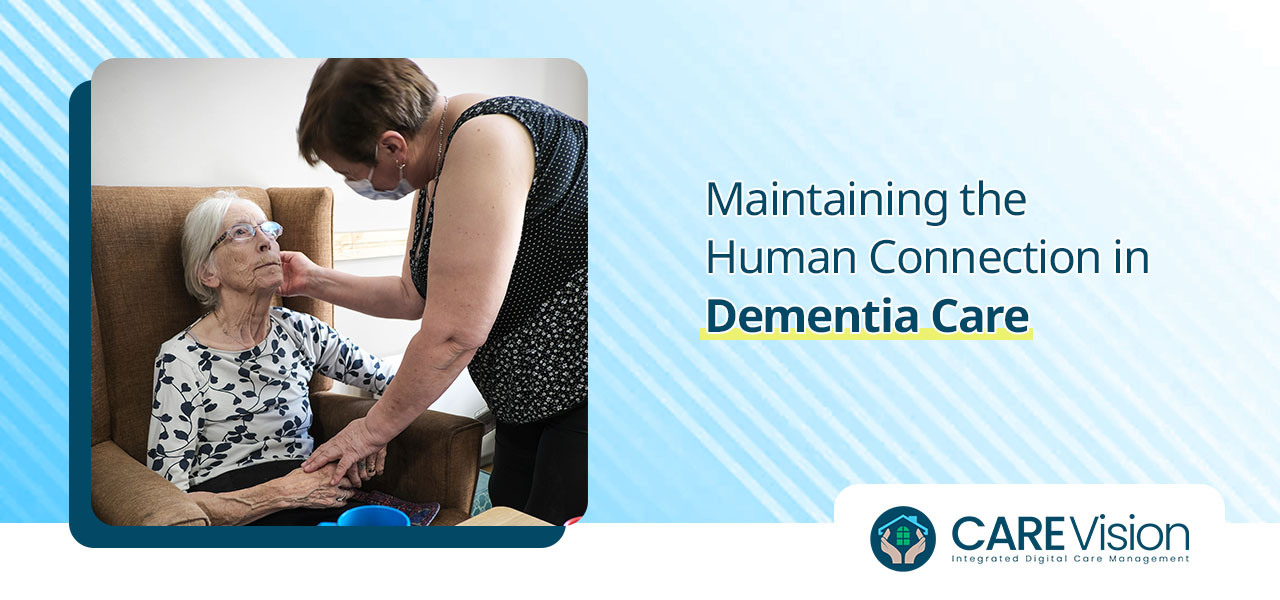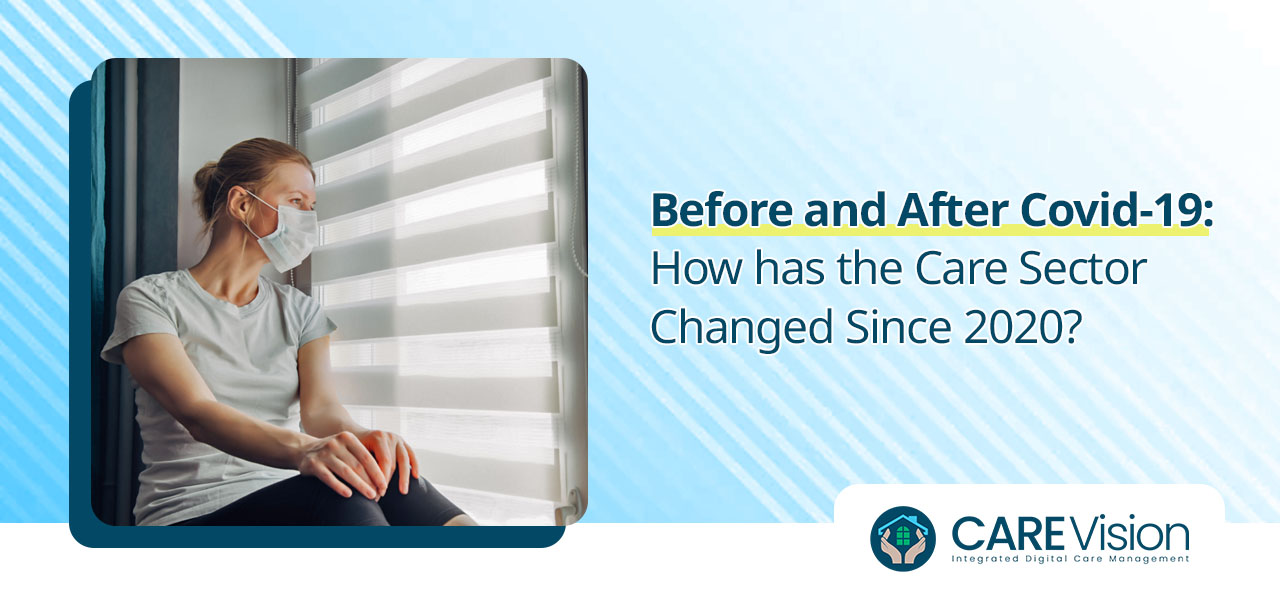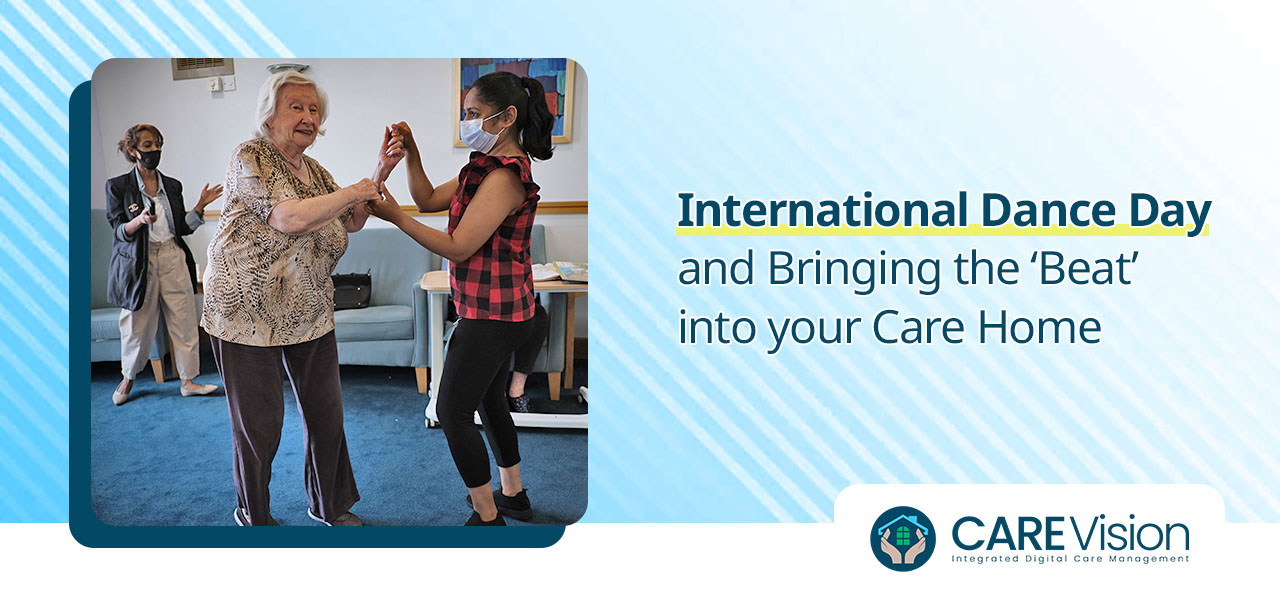Call to mind pretty much any sector and you will find plenty of industry-specific terms describing key concepts and activities. The care sector is no exception. One term that has been particularly prominent of late is person-centred care. In other words, putting the person receiving care at the centre of decision-making, feeding back thoughts and taking control of how they are looked after. There are many ways in which this can be done and tools that can help. This brings us onto another key term that is becoming more familiar within the sector: person-centred software.
What is person-centred software?
The benefits of customising care to match an individual’s needs and preferences more precisely are well proven. Likewise, taking the same approach to the software and systems that support this will result in an enhanced level of care. Being able to automate many of the routine tasks will free up time. Not only for the carer to spend longer actually interacting with their residents, but to allow carers and managers to use the software to design and implement person-centred care plans, activities and treatments.
Advantages exist for the care team too. Person-centred software can help ensure happier, calmer residents whose needs are being met more easily. Residents will often take more interest in their own health if they can see visible improvements. Being able to use person-centred software to track symptoms and monitor wellbeing makes this easier to achieve.
Ensuring co-ordinated care
One principle of person-centred care is that everything should be co-ordinated. We tend to have a basic human need to feel that things are in control, proceeding as expected and properly co-ordinated. As we age or require extra support with our health, this becomes even more important. Person-centred software such as Care Vision offers multiple benefits when it comes to co-ordinating care.
All key tasks and tools are grouped together in one system and accessed via one easy app. Data can be shared across multiple platforms to provide the same information to those who need it in real time. Updates can be disseminated in the same way so no-one is working with obsolete information.
Providing personalised care
Much has been said about the ease in which care management software can help personalise residents’ care plans. Records can be kept about personal likes, dislikes, medical histories, emotional considerations etc. Having all of this information easily to hand will make the process of personalising care so much easier.
External services such as hospitals, therapists, social workers etc. can also access relevant information to help ensure that they, too, can offer as personalised service as possible. This approach to more personalised software can also help inform other areas such as meal choices, entertainment programmes, support with religious or cultural requirements etc.
Enabling confidence; enduring respect
Using software to plan and provide co-ordinated, personalised care will have a slew of advantages. Two key benefits will be increased confidence for residents, as well as a higher level of respect. Technology is a wonderful innovation; however, it is vital that care professionals do not use it to replace humanity and respect. If the software is designed to retain the human touch, this can be avoided.
Person-centred software tools are actively designed to enhance the residents’ experience of being cared for – and about. It helps carers get to know residents as people with individual personalities, rather than seeing them as a list of medical diagnoses. The efficiency of the system also gives residents confidence about being in safe hands with their needs and preferences recorded and adhered to correctly each and every time.
Confidentiality
Another element of care management software that helps it to align with person-centred care is its ability to keep records confidential. Security elements such as data encryption, cloud-based storage, password protections and more keep sensitive information private. This helps retain people’s dignity, as well as keep their data safe from breaches and other cybersecurity risks. Knowing that details will be kept safe via person-centred software will also give people more confidence to share information around medical history, current symptoms and any side effects to medications. This provided care givers with a fuller picture to help inform care plans and treatments going forward.






